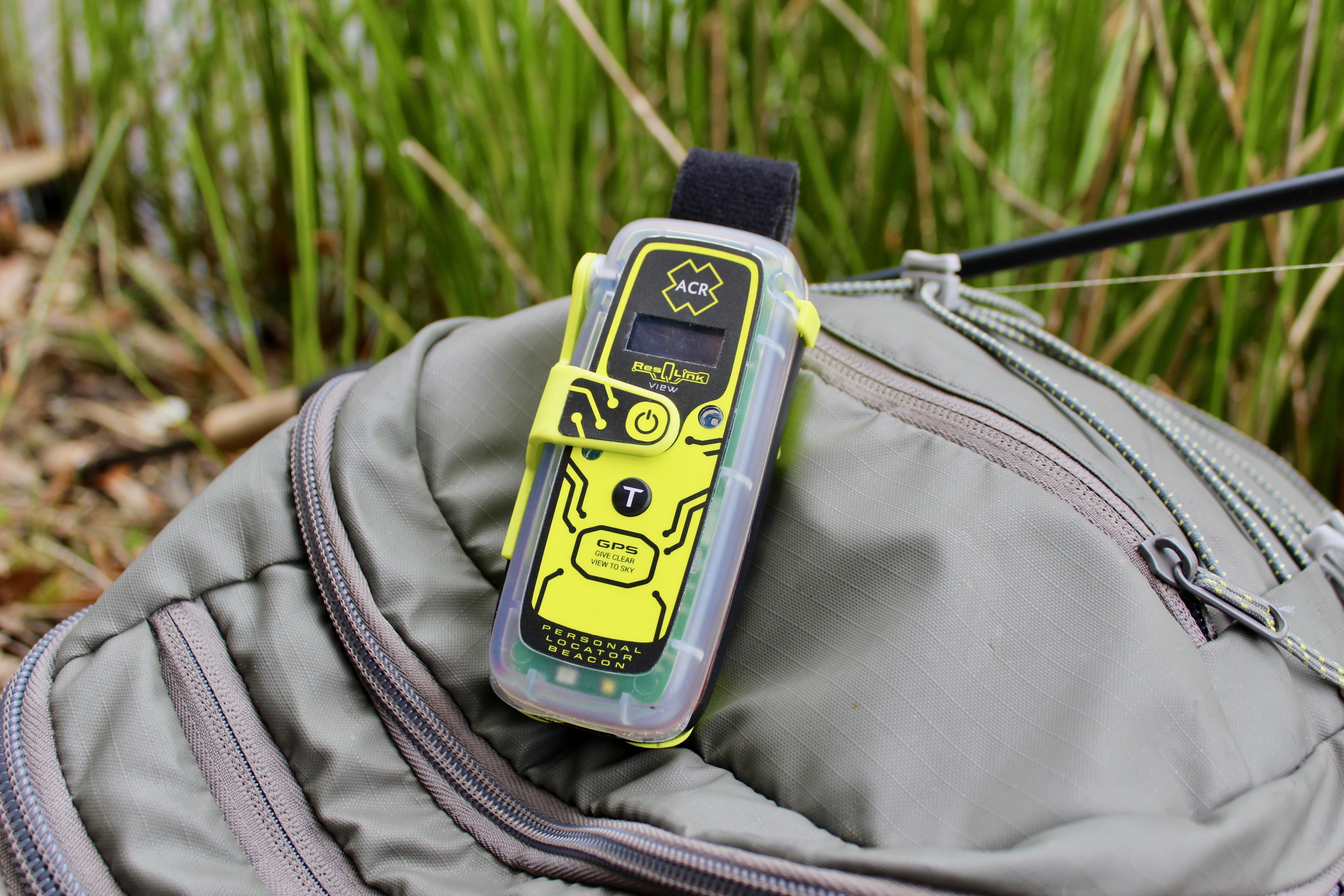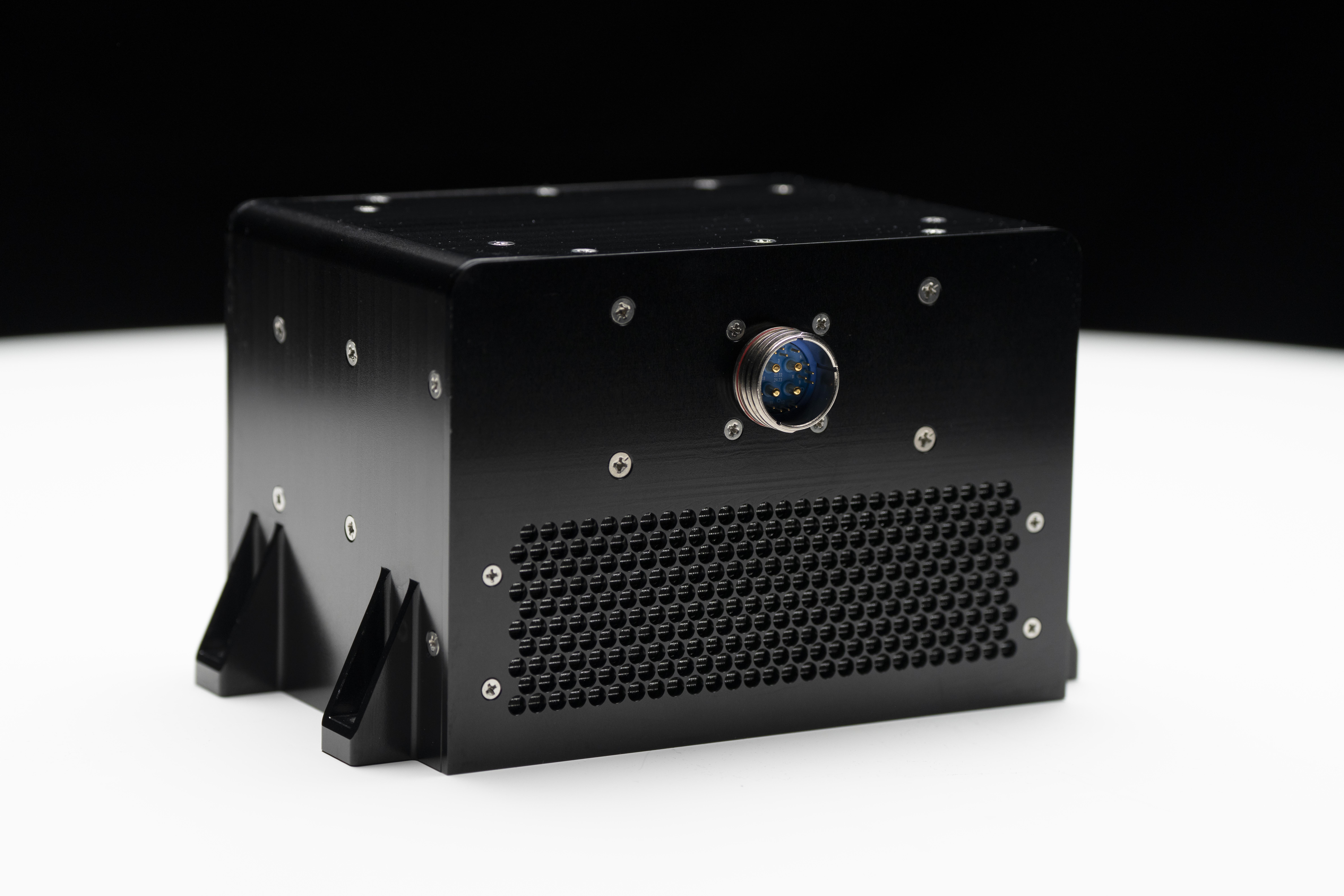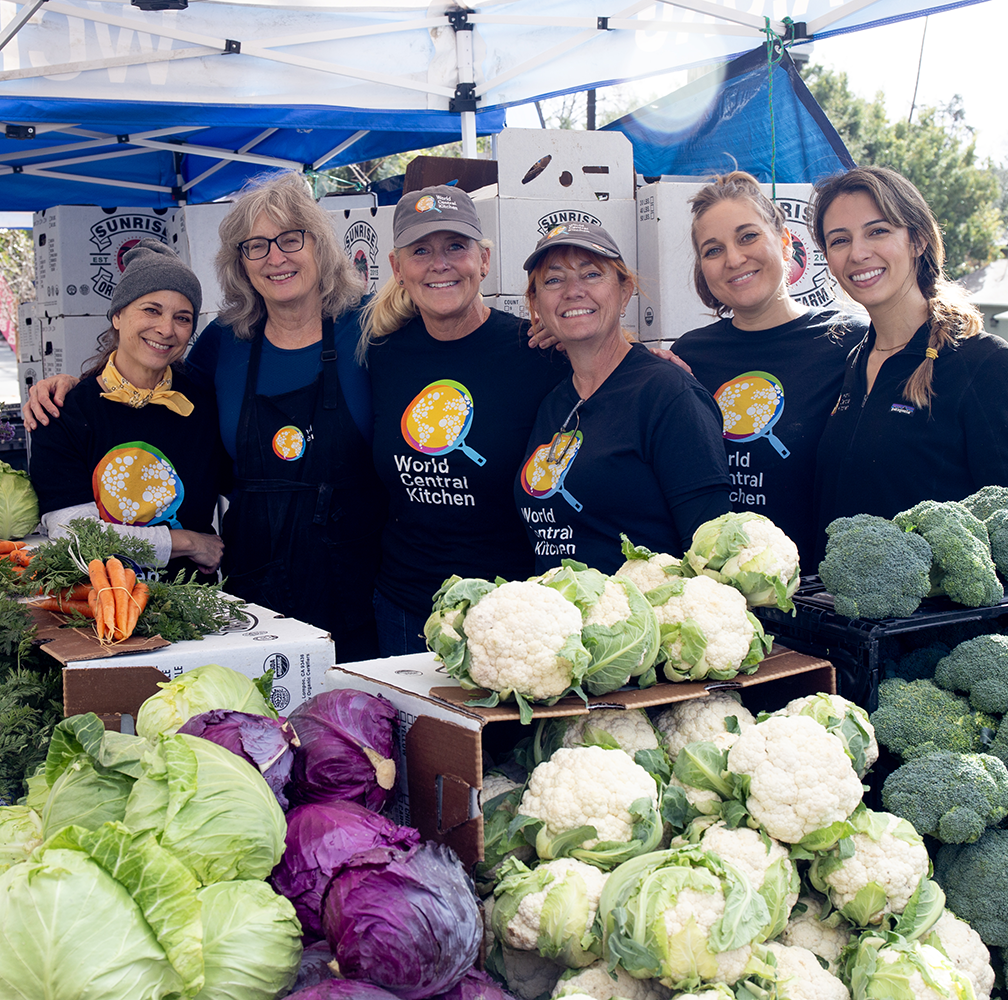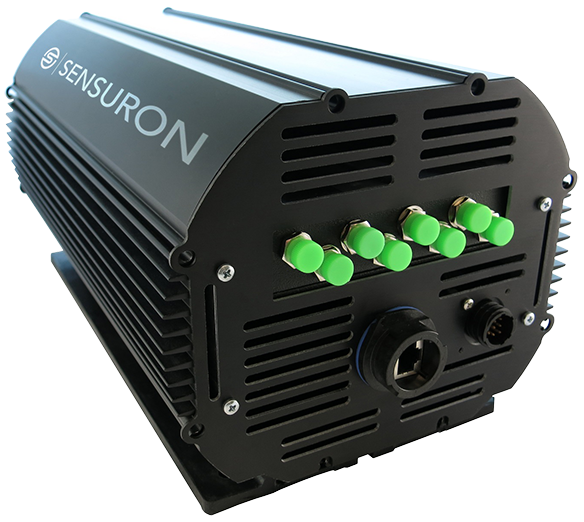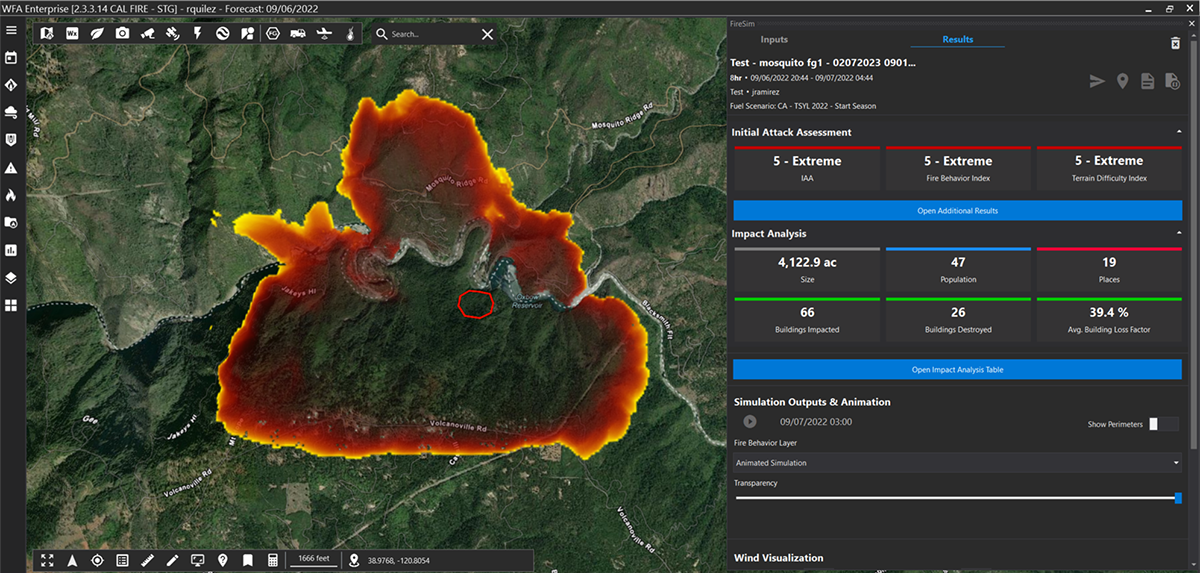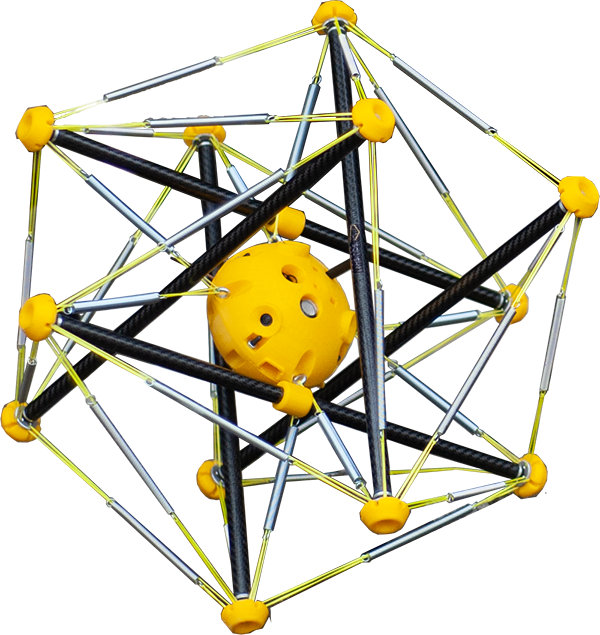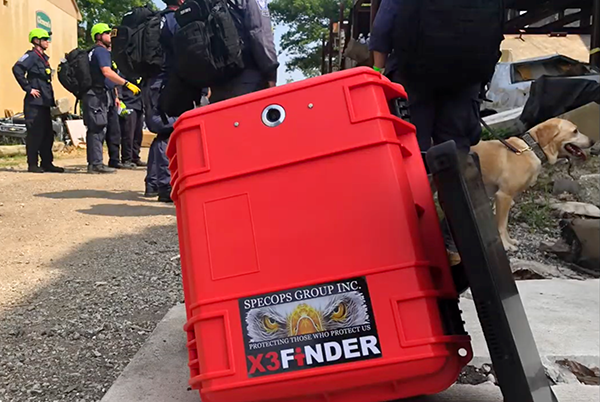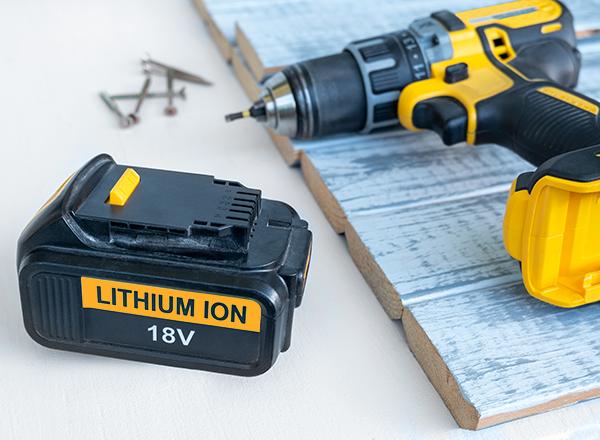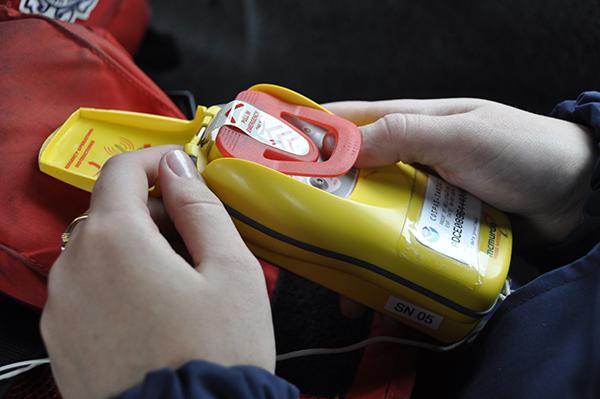Cyrano "Nose" the Smell of Success
Cyrano Sciences, Inc., of Pasadena, California, has commercialized a simple, accurate, non-invasive tool that enables "machines" to smell. NASA's Jet Propulsion Laboratory (JPL) funded a California Institute of Technology (Caltech) project, which resulted in the creation of technology used in the "Cyranose 320." The Cyranose 320 is used for quality control purposes in the food and chemical industries. NASA further developed Caltech's technology and incorporated it into a unit that monitors closed human habitats such as the Space Shuttle, where air must be recycled. Early detection of spills or leaks is essential in order for the space crew to take immediate action and remedy the situation. Caltech later licensed the technology to Cyrano for commercialization.
Using a sensor array and onboard pattern recognition algorithms, the lightweight, portable device works by exposing an array of polymer composite sensors to the chemical components in a vapor. When the sensors come in contact with the vapor, the polymer expands like a sponge, changing the resistance of the composites. The change in resistance is measured, and from that measurement, the presence of a pre-trained substance is determined with a quick and accurate diagnosis.
The Cyranose 320 requires a one-time training session in which the user exposes the sensor to each type of sample that will be encountered during testing, creating a base-group to which all future samples will be compared. The sampling step involves placing the tip of the device near the sample and simply pressing "Run". Air referencing, vapor sampling, sensor measuring, and data processing are all handled automatically and take roughly one minute to complete. If it matches one of the pre-trained samples the unit reports the identity of the sample. If the unit does not recognize the sample, an "unknown" reading is given. The unit automatically resets itself and the polymer composite sensors return to their original resistance.
This real-time, portable device enables food companies to spot test raw materials for batch-to-batch consistency, spoilage, or contamination. The Cyranose 320 is also used by chemical and petrochemical companies for quick assessment of the chemical status associated with various industrial processes. For example, profiling a chemical environment in a hazardous materials situation allows emergency crews to accurately select fire retardants, containment strategies, and protective gear.
Future applications for the Cyranose 320 are fast growing and other uses of this technology are on the horizon. For example, the diagnosis of disease often relies on invasive testing methods, subjecting patients to unpleasant procedures. A tool such as the Cyranose 320, will enable physicians and dentists to provide immediate, accurate diagnosis of chemical components and microorganisms in breath, wounds, and bodily fluid. Welch Allyn, one of the world's most respected medical device manufacturers, is partnering with Cyrano Sciences to develop diagnostic products for primary care providers. In the near future, unpleasant procedures and hospital stays may become less frequent. Because of Cyrano Sciences' technology, a simpler, less invasive diagnosis may only be a trip away to your physician's office.
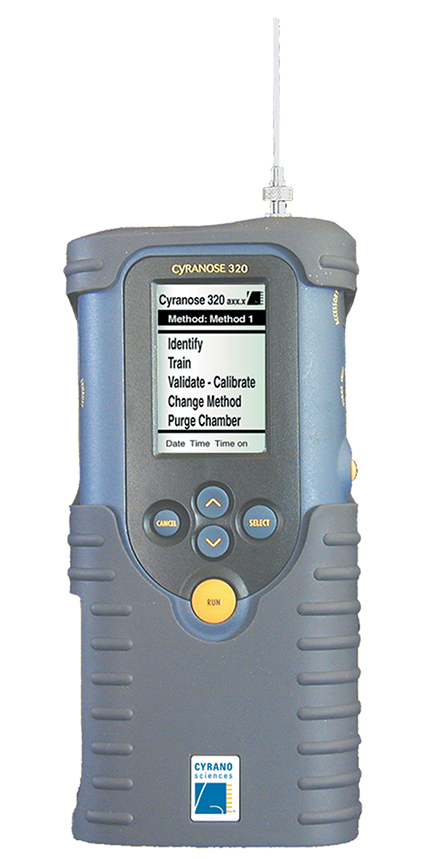
The Cryanose 320 is a lightweight, portable device, used for quality control purposes in the food and chemical industries.




